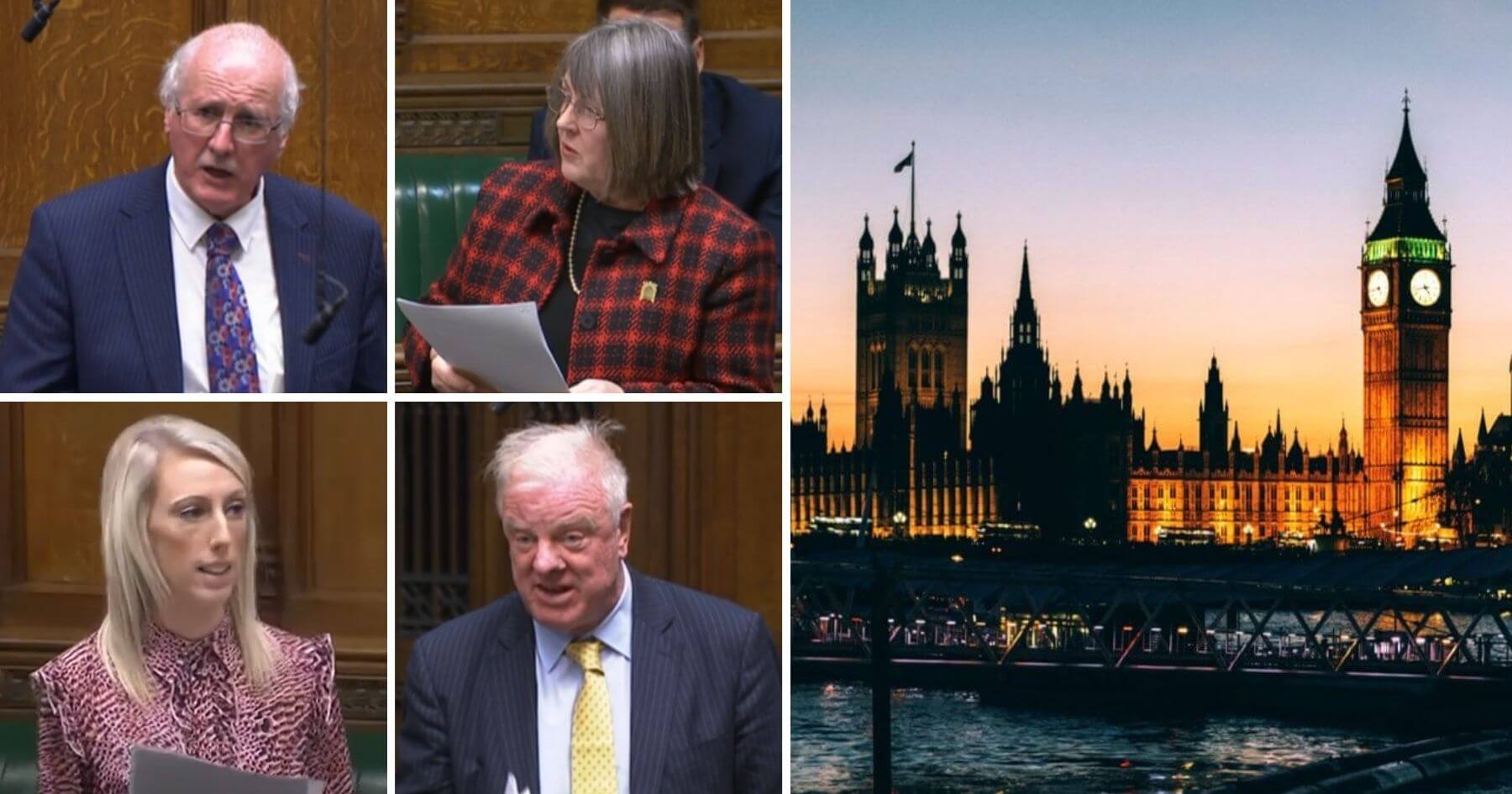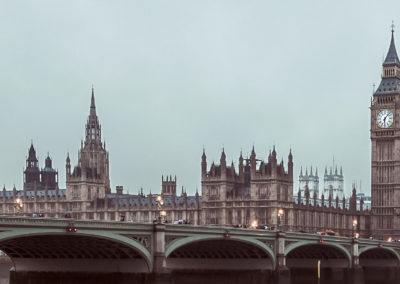An attempt to hijack the UK Government’s flagship Health and Care Bill with an extreme abortion proposal has failed, with Diana Johnson MP’s amendment (NC50) not going to a vote.
This amendment would have changed the Offences Against the Person Act so that the current medical and legal safeguards, which prevent a woman from performing her own abortion without the involvement of a registered abortion provider, would have been removed through to 28 weeks.
There was also strong support for three pro-life amendments to abortion legislation that were tabled to the Bill, with a number of MPs speaking in favour of them and many more signing the amendments.
Only one MP spoke in favour of Diana Johnson’s amendment.
The amendments proposed a reduction to the abortion time limit, a ban on sex-selective abortion, and an end to abortion up to birth for disabilities including Down’s syndrome, cleft lip and club foot.
24-week abortion limit is “outdated” and needs updating
Fiona Bruce, MP for Congleton, led the charge and spoke in support of her amendment (NC31), saying: “The current 24-week limit law is based on an outdated understanding of the viability of premature babies, and it needs to be updated”.
“The current 24-week limit was set over 30 years ago, in 1990. That legislation removed the previous time limit of 28 weeks. In 1990, 24 weeks was considered the point of viability outside the womb, but the scientific advances in those 31 years have been enormous”.
“Just in the past few weeks, we have seen the incredible story from the American state of Alabama of the birth of a baby boy at just 21 weeks old. Weighing just 14.8 ounces, Curtis Means needs oxygen support and a feeding tube, but he is in good health”.
Echoing support for this reduction, Sir Edward Leigh MP commented on the inanity of this outdated practice, saying: “Is it not absurd that in one ward of a hospital doctors can be fighting to save the life of a 22-week gestation baby while arguably, under the law, a 24-week baby can be aborted?”
“That is ridiculous, and whatever anyone’s views on abortion, this is now the time to review this law, which is based on outdated technology and medical practices”.
Growing evidence of sex-selective abortion in the UK
Carla Lockhart MP later spoke on amendment NC51, which asked for clarification that sex-selective abortion is illegal. She said: “Hon. Members from across the House would doubtless agree that aborting a baby on the basis of their sex is immoral, yet the status of this in law remains unclear”.
Citing a 2018 BBC investigation, she informed the House of evidence that new pre-natal tests were being used on a widespread basis to determine the sex of babies early in pregnancy and women were coming under intense pressure to undergo sex-selective abortions, saying the report “detailed the awful testimonies of women who had been forced into a sex-selective abortion”.
Lockhart also spoke of the likely increased danger of sex-selective abortions taking place as a result of the recent availability of ‘DIY’ abortions: “The problem has been made much worse by the use of abortions pills to be taken at home. Abusive partners who do not want a particular sex of child—usually a girl—can more easily force their partner into having an abortion via telemedicine”.
A deeply discriminatory situation
Both Carla Lockhart and Fiona Bruce called for reform on the abortion law, asking for an “upper gestational limit on abortion on the grounds of disability that is equal to the upper limit on most other abortions”.
Ms Lockhart argued it would correct the “deeply discriminatory situation” that allows children to be aborted up to birth if they are diagnosed with disabilities such as Down’s syndrome, cleft lip or club foot, which she described as “inconsistent with disability discrimination legislation”.
At the close of Third Reading, Jim Shannon MP praised the pro-life amendments and commented on the hundreds of emails he received in support of these changes.
He said: “I received hundreds of emails yesterday and hundreds today—to do what I can to speak for life. That is what I do here today. I care about the life of the woman and I care about the life of the unborn child. I am starting from the position that both lives matter, and it is one on which I stand firm”.
Highlighting the troubling nature of the abortion law he stated: “I am sure that I am far from being alone in recognising the double standards that our medical guidelines currently endorse, fighting for a life at 22 weeks in one case and ending it at 22 weeks in another case”.
“This active support has taken us a step closer to making these changes to abortion law”
All three pro-life amendments have been shown to have widespread public support.
Polling from Savanta ComRes demonstrates the large support for a reduction in the UK’s abortion time limit. The poll, conducted in 2017, revealed 60% of the general public and 70% of women support a reduction of the time limit on abortion from 24 weeks to 20 weeks or below.
Moreover, 91% of women responded to the poll in agreement with the notion that sex-selective abortion ought to be explicitly banned by law.
Lastly, support for disability-selective abortion has been shown to be minimal with only one in three people thinking it is acceptable to ban abortion for gender or race but allow it for disability.
Catherine Robinson, spokesperson for Right To Life UK, said: “This is a significant victory for the unborn child and women facing unplanned pregnancies. Diana Johnson MP’s amendment would have changed the Offences Against the Person Act so that the current medical and legal safeguards, which prevent a woman from performing her own abortion without the involvement of a registered abortion provider, would have been removed through to 28 weeks”.
“Thank you to the thousands of people that rallied to get friends and family to email their MPs. Thank you to the amazing group of pro-life MPs in Parliament who have worked so hard to ensure that this extreme amendment was defeated”.
“Thank you, also, to everyone who wrote to their MPs asking them to support the three pro-life amendments, which significantly raised the profile of these law changes among MPs. This active support has taken us a step closer to these changes to abortion law being made, which would save many lives”.












